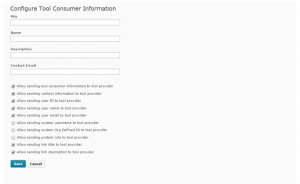I was an early adopter of Twitter, circa 2007 or so, but didn’t really get going for a couple years. I really loved it. While Jack Dorsey wasn’t an ideal CEO, and his vision and mine often differed, I didn’t believe his motives were anything but to build a business that he could eventually sell and disappear off into the clouds with millions of dollars. So, I understood why he and his company left hateful speech up (it engages/enrages people) but eventually someone would be so heinous to get it taken down. Then 2016 happened, and well, America elected a guy who says the racist, sexist, hateful things out loud. In 2022, that Elon Musk fella bought it and I knew it was going to become a worse place. To be honest, I kinda’ stopped with Twitter (and all social media) during the pandemic. Sure, I’d browse through feeds, and out of all of them, Twitter was still useful – someone would post something at least once a day that would be click-worthy.
Twitter is no longer useful. With different people scattered across the multitudes of places (Mastadon for some, Bluesky for others and any number of other places for many more) educational technology is worse off.
In the face of the rampant racism, being lead by a man-child who does it all for the lols, I can’t be there any more, and I don’t want my 14 year old account to represent me there anymore. I left it in the slight chance this wouldn’t happen, but it did.
I haven’t really thought about how I’ll replace the serendipity of Twitter. Of finding someone working on bullshit detection, or commentary about how Google’s ethics team was rapidly fired – or more important things like the Arab spring uprising and the Hong Kong protests. Or more mundane things like Mandarake’s posts about keshi from their store in Nakano Broadway. If you follow that link, welcome to my new obsession, Onion Fighter.
Now I did the right thing and downloaded my archive. I don’t know if they make sense to republish without the context of the surrounding conversation… or if it’s even feasible. Oh well, end of an era. Hope we find each other, wherever we end up!
